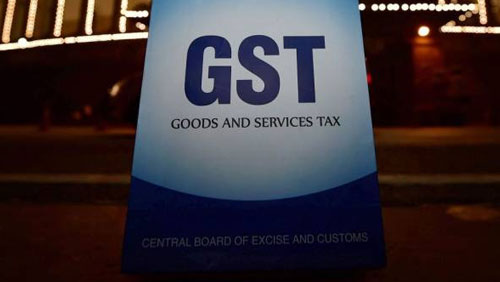India’s GST Council, in its most recent meeting, refrained from deciding on whether to lower the 28% goods and services tax (GST) on lotteries.
 According to local news outlet Business Today, the council is still considering “diverse opinions” on the tax rate, which has generated controversy among lottery companies, who have warned that a high tax will lead to an increased in underground operations.
According to local news outlet Business Today, the council is still considering “diverse opinions” on the tax rate, which has generated controversy among lottery companies, who have warned that a high tax will lead to an increased in underground operations.
Police have been on the lookout and have indeed arrested several lottery center owners alleged to have committed fraud by giving customers handwritten lottery tickets rather than printing out official ones, in order to avoid GST payments.
A group of ministers (GoM) has been formed specifically to look further into the issue, before it is taken up again in the next council meeting.
Finance Minister Arun Jaitley said after the latest meeting that a GoM “with representation from lottery developing and selling states will be formed for uniformity of taxation on lottery or other issues arising out of lottery. These ministerial panels will give their recommendations in the next meeting.”
Business Today said that in a previous meeting, the GST Council had lowered the tax rate on seven items previously charged 28%, which is the highest possible rate at present.
While private lottery distributors have been taxed 28% since last July 1, state-run lotteries are only charged 12%.
Last September, the Central GST Commissioner in Ludhiana filed complaints against three operators, accusing them of trying to evade payment of GST. According to the Commissioner, the firms did not file GST returns nor deposit customers’ GST payments to the Treasury as required.
While private distributors argue that a differing rate between private and state-run entities is discriminatory, the matter has been settled so far by the Calcutta High Court in favor of the government. In the October ruling, Justice Debangu Basak said that lotteries were classifiable as goods on which GST could be imposed.